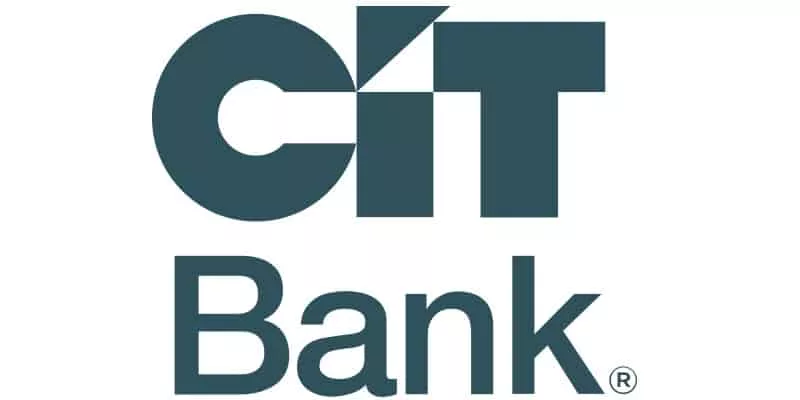Consumers need a good credit score for various reasons, including the ability to get approved for loans with favorable interest rates, renting an apartment, getting a job, and lowering insurance premiums.
Having a good credit score can also make you a more desirable candidate for lenders and landlords, save you money in the long run, and help you achieve your financial goals.
Maintaining a good credit score is crucial for consumers to access various financial opportunities and make sound financial decisions.
Understanding Credit Scores: What is a Good Credit Score?
Your credit score is a crucial factor in determining your financial health and future. But what exactly is considered a good credit score?
This article will explore the different credit score ranges and what they mean for your ability to obtain loans, credit cards, and other financial opportunities.
What is a credit score and why is it important?
A credit score is a numerical representation of your creditworthiness, based on your credit history and financial behavior. It is important because lenders, banks, and other financial institutions use it to determine whether or not to approve your loan or credit application.
A good credit score can also lead to lower interest rates and better financial opportunities, while a poor credit score can result in higher interest rates and limited access to credit. Simple actions like opening a checking account can involve pulling a credit score.
The different credit score ranges and what they mean
Credit scores typically range from 300 to 850, with higher scores indicating better creditworthiness. A score of 700 or above is generally considered good, while a score of 800 or above is considered excellent.
Scores below 600 are considered poor and may result in difficulty obtaining credit or higher interest rates.
It’s important to regularly check your credit score and take steps to improve it if necessary, such as paying bills on time and reducing debt.

Factors that affect your credit score
Your credit score is determined by several factors, including your payment history, credit utilization, length of credit history, types of credit used, and new credit inquiries.
- Payment history is the most important factor, as it shows whether you have paid your bills on time. Payment history is 35% of your score.
- Credit utilization, or the amount of credit you are using compared to your credit limit, is also important. It’s recommended to keep your credit utilization below 30% or less. Plus, the amounts you owe is 30% of your score.
- The length of your credit history shows how well you've managed credit and is 15% of your score.
- The types of accounts you have make up 10% of your score. Having a mix of accounts, including installment loans, home loans, and retail and credit cards may help improve your score.
- Finally, new credit inquiries can temporarily lower your score, so it’s important to only apply for credit when necessary. Recent credit activity makes up 10% of your score.
How to improve your credit score
Improving your credit score takes time and effort, but it’s worth it in the long run.
- The first step is to make sure you are paying all of your bills on time.
- Late payments can have a significant negative impact on your score.
- Next, try to pay down any outstanding balances on your credit cards to lower your credit utilization.
- It’s also important to avoid opening too many new credit accounts at once, as this can lower your score.
- Maintain older credit accounts even if you no longer use them. Never close credit accounts.
- Finally, regularly monitoring your credit report for errors and disputing any inaccuracies can also help improve your score.
It's important to note that checking your own credit report will not negatively impact your credit scores. You can check your official credit reports for Transunion, Experian and Equifax for free once a week at: Annualcreditreport.com.
The benefits of having a good credit score
Having a good credit score can have many benefits for your financial future. It can make it easier to get approved for loans and credit cards with better interest rates, rewards and terms.
This can save you money in the long run and help you achieve your financial goals faster. A good credit score can also make it easier to rent an apartment or get approved for a mortgage.
Additionally, some employers and landlords may check your credit score as part of their application process, so having a good score can improve your chances of being approved.














